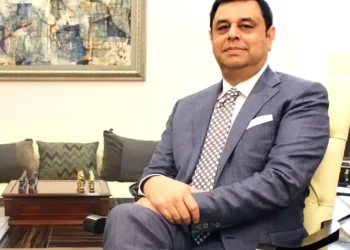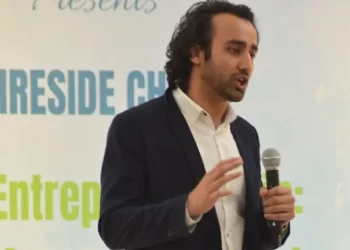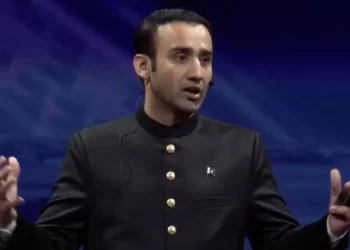- Am account that reposts viral posts is among the big beneficiaries of Twitter’s new monetization scheme.
- The “Internet Hall of Fame” account appears to have netted $100,000 from the scheme.
- Musk previously said that accounts based on “theft” of others’ post would not get paid.
An account that reposts memes and other viral content appears to be among the biggest winners of Twitter’s new creator payout scheme.
The “internet hall of fame” account, which has 1.9 million followers and describes itself as highlighting the “best of the internet,” in a screenshot Thursday was shown to have been paid $107,247.00.
The account has amassed its vast following by posting screenshots of other viral posts, often with a humorous comment.
—Oliver Alexander (@OAlexanderDK) July 14, 2023
It makes no claim to have originated its content, a mixture of screengrabbed text, photographs, and videos. The page’s bio says it will only credit the work’s actual creators if asked.
Oliver Alexander, an open-source intelligence analyst, noted in a tweet that heavily rewarding the account seems to contradict Twitter owner Elon Musk saying that accounts predicated on “theft” would be demonetized.
“Highest earning account does nothing but repost other people’s posts and videos,” said Oliver.
He noted a recent post Musk said that “anyone engaging in repeated theft of posts be demonetized.”
Musk was replying to a tweet which asked if the payment scheme would incentivize the theft of content instead of retweeting it, or sharing it with the original poster credited.
He didn’t define exactly what he meant by “theft of posts,” and it isn’t totally clear whether Internet Hall of Fame would meet that definition.
Insider reached out to the account for comment.
Other critics pointed to the apparent vagueness of Musk’s rule, which seems to broadly rule out tweets which screenshot other posts, which lots of popular accounts frequently do.
According to UK group The Copyright Alliance, tweets can have copyright protections, but notes that the site also requires users to give permission “to make your Content available to the rest of the world and to let others do the same,” meaning it can be retweeted or shared in other ways by users.
“Internet hall of fame” screenshots often tweets with the original posters name visible, meaning it’s clear who the original poster was and it doesn’t claim the tweets are its own work. Thus it doesn’t appear to fall foul of Musk’s “theft” ban.
Musk announced the launch of his much-anticipated creator payment scheme on Thursday, and the site began sharing ad revenue with accounts on the site it said was based on their large audiences and engagement.
To qualify, accounts must pay for the Twitter Blue verification scheme which replaced the old blue-tick system.
But the attracted early criticism from those noting that controversial far-right influencers such as Andrew Tate got significant payouts.
Content creators and a former Twitter executive involved in monetization schemes told The Washington Post the criteria for qualifying for the scheme were opaque, and seemed to be based on whether Musk likes the accounts in question.
Insider contacted Twitter for comment, and received the poop emoji auto-generated by its press email.









